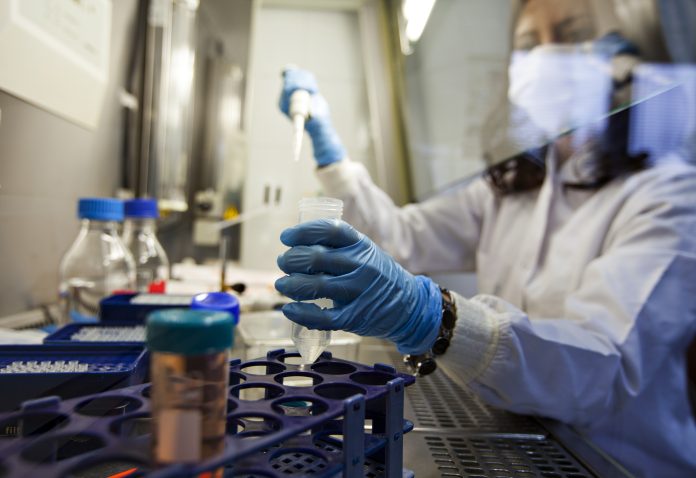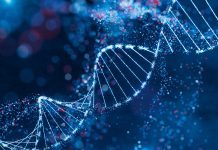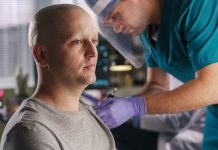A new study by scientists at the Van Andel Institute revealed new insights into how cancer risks could be shaped before birth and how to track it
Published in Nature Cancer, the study reveals that epigenetic changes during early development could be a reason for an individual to be more likely to develop cancer later in life.
The researchers revealed that the risk is influenced by two epigenetic states, which are patterns of chemical marks on genes that can affect how they are expressed.
These states, established during fetal development, are linked to either a higher or lower lifetime cancer risk.
Can the likelihood of getting cancer be predicted?
Epigenetics studies how environmental factors and other influences can alter our gene’s function without changing the DNA sequence.
This can significantly impact cellular behaviour. The Van Andel team found that the strength of epigenetic marks on cancer-related genes in mice could predict whether an individual would have a higher or lower risk of developing cancer.
The epigenetic states and what it means
The intriguing aspect of their finding is that even though the mice were genetically identical, varying epigenetic states influenced which type of cancer could develop later.
In the lower-risk epigenetic state, cancer is more likely to take the form of liquid tumors, such as leukemia or lymphoma, which affect the blood and lymphatic system.
The higher-risk epigenetic state tends to lead to solid tumors like lung or prostate cancer, which affect organs and tissues.
These findings suggest that the type of cancer that develops could be partially determined by the epigenetic environment set during early development, adding a new layer to our understanding of cancer risk.
The study challenges the usual view that cancer is the main result of genetic mutations that accumulate over time, especially as people age.
DNA damage and mutations are well-established contributors to cancer, this research introduces the concept that epigenetic errors, changes that affect how genes are turned on or off, may also play a vital role.
The researchers propose that these developmental epigenetic changes could offer a more accurate understanding of why some people are more susceptible to cancer than others.
Changes to epigenetic state
One of the key genes involved in this process is called Trim28, which regulates the epigenetic marks on cancer-related genes. The study showed that when Trim28 levels were reduced in mice, it led to two distinct epigenetic patterns. Even though the mice were genetically identical in other ways, the changes in their epigenetic state could predict which cancer risk pattern they would follow.
This finding opens up new ways to think about cancer prevention and treatment. Usually, many people have viewed cancer as largely a matter of “bad luck,” with no clear explanation for why some people get cancer while others do not. However, the research suggests that luck may not be the only factor. The developmental epigenetic states could explain why cancer develops in some individuals and not others; these patterns may be targetable in the future.
The scientists aim to explore these epigenetic states in various types of cancer, hoping to find ways to predict better, diagnose, and treat the disease.
By identifying and understanding these epigenetic markers early in life, doctors might one day be able to offer more personalised cancer risk assessments and even intervene before cancer even develops. This could revolutionise cancer care by offering new prevention and treatment approaches tailored to an individual’s unique epigenetic profile.











